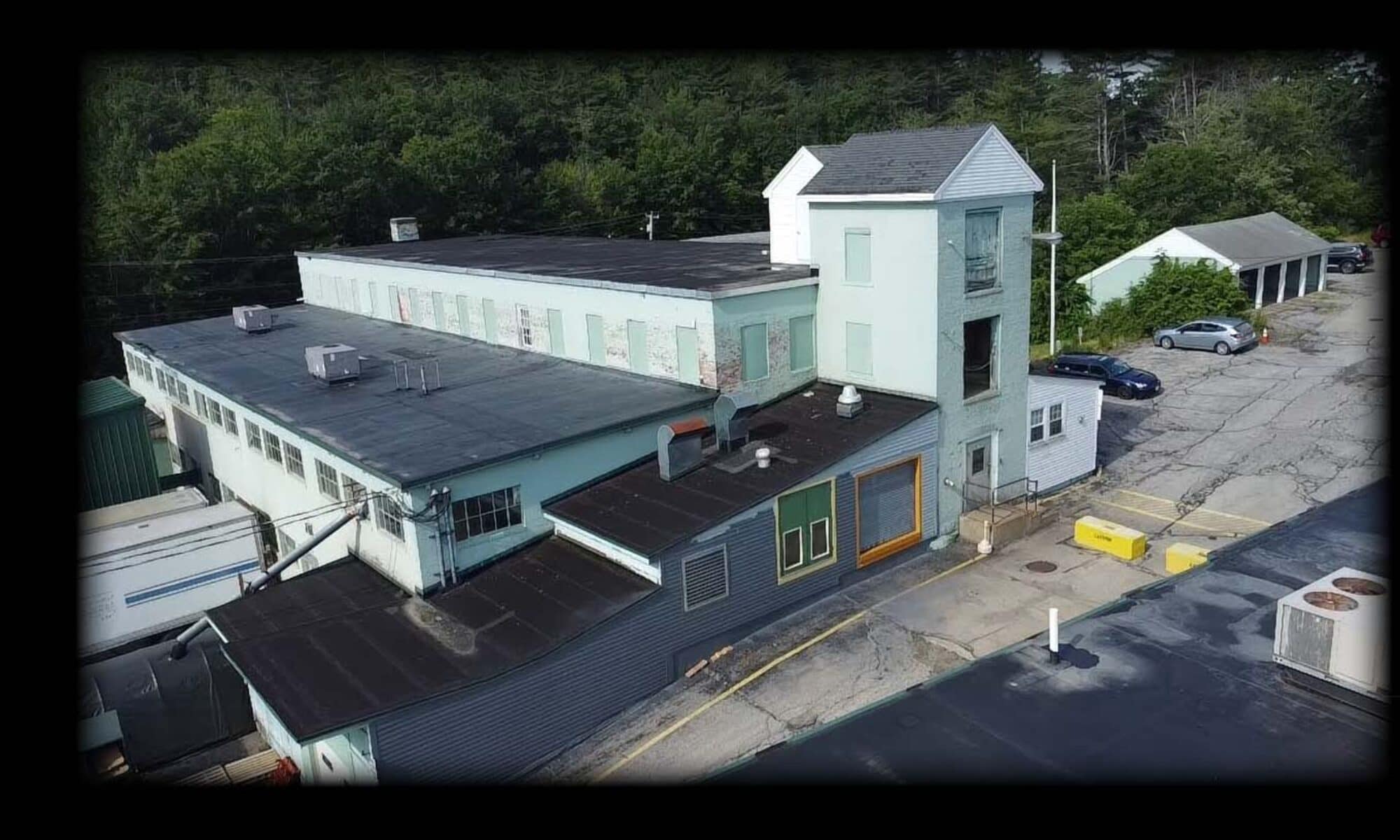The next installment of our History of the American Match Industry (Part II) was due last week. The company historian, Mark Bean, was writing the series. Mark had collected hundreds of pages of newspaper articles, magazine stories, books, letters, and company reports. In addition, he listened to dozens of anecdotes, many first-hand from the major figures in the industry.
Sadly, our own Match-King passed away on August 12, 2019, unexpectedly. The historical record of the American Match Industry is now incomplete. Mark was creating and writing the record for us, as we went along. He was working the story forward to the present day; to the current time, when the industry has consolidated into one plant and one company, led by the Bean Family. Mark accepted the role of industry steward with honor and respect.
We will continue to tell the story, picking up where we left off in the last installment American Match Industry – Part I. But for the moment, we will pause to reflect on the legacy of Mark Bean.
If you read the first blog Prelude to the American Match Industry, you learned about Ivar Kreugar. Ivar was titled the Match King. He was an imposing and almost fantastical character. He was considered a business titan, being both ruthless and unwavering. There are books and business case studies about this early day entrepreneur.
Mark was the anti-Kreugar. His intentions were noble, where Kreugar’s were profit driven. Mark cared more about the people than the profits. His agenda was transparent and true. Mark wanted the industry to succeed, for the people and for the nostalgic mark we made on the country. Mark appreciated the thread of humanity that drove the story from the beginning. He was fascinated by Kreugar. But also by the other leaders, especially those who developed the book match industry. Such as, Diamond Match’s O.C. Barber. And the leaders of Eddy Match in Canada, and Universal Match from Hudson, New York.
In 1990, Mark brought together the leaders of the match companies, and created the American Match Council. In the 2000s, he again brought the industry together to develop supply agreements that would leverage the strengths of the remaining factories. He reached out to Diamond Match, when closing their 100-year old factory in 2017. Mark salvaged a piece of that legacy, and brought their fire-starter line to New Hampshire. And it was 2016, when he facilitated the final chapter in the paper match story by purchasing the last plant, Atlas Match, and folding it into the D.D. Bean family. In 2018, he gathered a team of historians, town and state leaders, match collectors, and museum experts to explore the viability of a Match Museum. At his urging and persistence, the project grew legs and is deep in development now.
The thread is obvious. Since he came on the scene in 1978, Mark Bean actively and passionately worked to better the industry. He was a true stakeholder, working tirelessly for the betterment of us all. His vision was for the people who built the industry, ran the machinery, talked to the customers, and developed the relationships with suppliers and distributors, to succeed in keeping the industry’s flame burning bright.

